President Ruto Denies Extrajudicial Killings, Disputes Rights Groups' Data
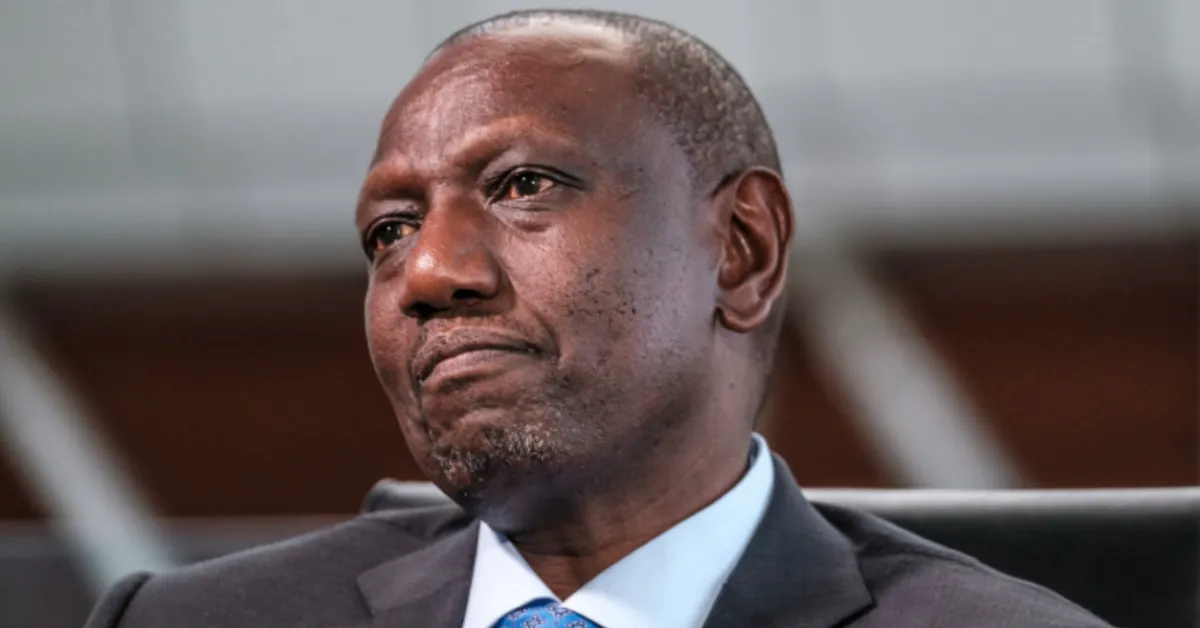
President William Ruto has vehemently denied accusations that his administration sanctions enforced disappearances and extrajudicial killings.
He disputes figures presented by human rights organisations amid ongoing concerns over the fate of individuals who disappeared during last year's Gen Z protests. Speaking at a joint press conference at State House in Nairobi, alongside visiting Finnish President Alexander Stubb, Ruto insisted that all affected persons had returned home safely. However, his claims starkly contrast with recent reports from rights groups.
The Missing Voices Coalition, in its report titled “Brutal Policing,” alleges that at least 104 people were victims of extrajudicial executions in 2024, while 55 remain unaccounted for due to enforced disappearances. Ruto maintains that his government does not condone such actions and has implemented measures to prevent extrajudicial killings, distancing his administration from past regimes accused of human rights violations.
The issue of human rights was a central focus of President Stubb’s visit, the first by a Finnish head of state to Kenya. Discussions included diplomatic agreements, collaborations on peace and conflict resolution, and the importance of upholding human rights and government accountability.
Ruto assured that mechanisms are in place to address these concerns, reinforcing his commitment to preventing any recurrence of such violations. President Stubb underscored the importance of democratic governance and adherence to the rule of law.
He expressed concern over the growing global trend of transactional diplomacy, which prioritises short-term gains over broader humanitarian or democratic principles, stressing that genuine cooperation should centre on the protection of human rights.
“Democracy is something we must protect,” Stubb stated, noting a shared vision with Ruto where human rights are central to governance.
He also highlighted the critical role of non-governmental organisations in advocating for fundamental freedoms and holding governments accountable. Stubb noted the paradox in the international landscape, where the increasing need for collaboration is often overshadowed by nations shifting toward isolated and transactional approaches to diplomacy.
The Ruto administration continues to face scrutiny from civil society groups regarding its handling of security operations, particularly in response to protests and dissent. While Ruto has vowed to ensure justice and transparency, rights organisations are calling for strengthened independent investigations to verify government claims.
As Kenya and Finland strengthen their diplomatic ties, the discussion on human rights remains a key element of their engagement.

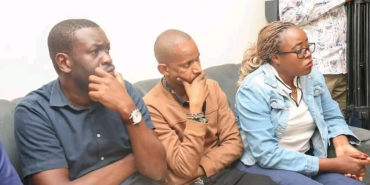
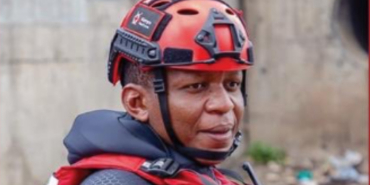
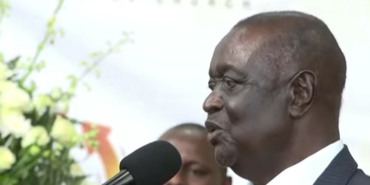


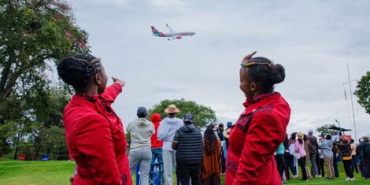
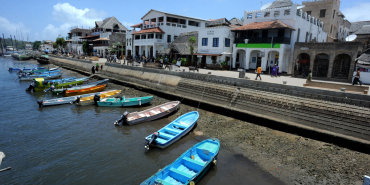
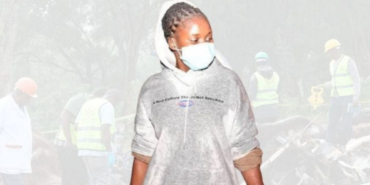


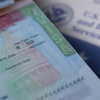

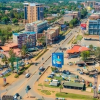
Add new comment